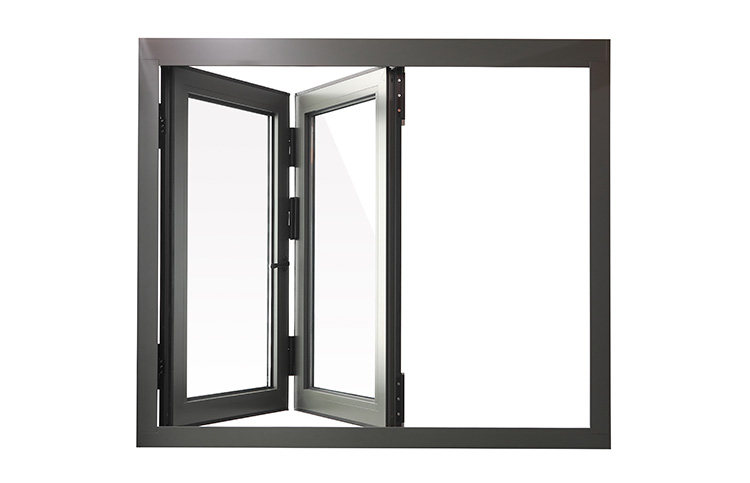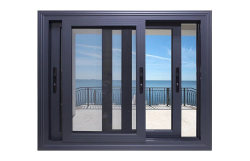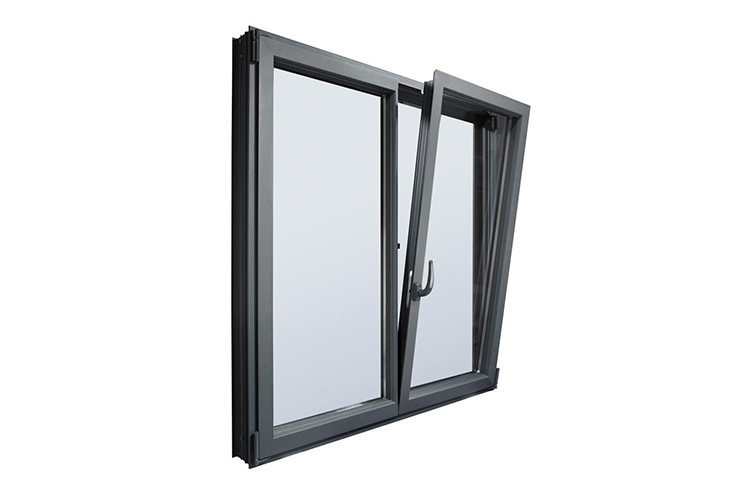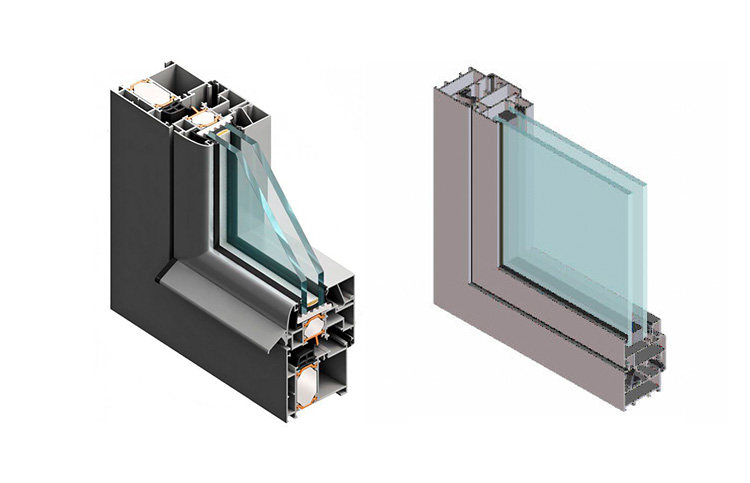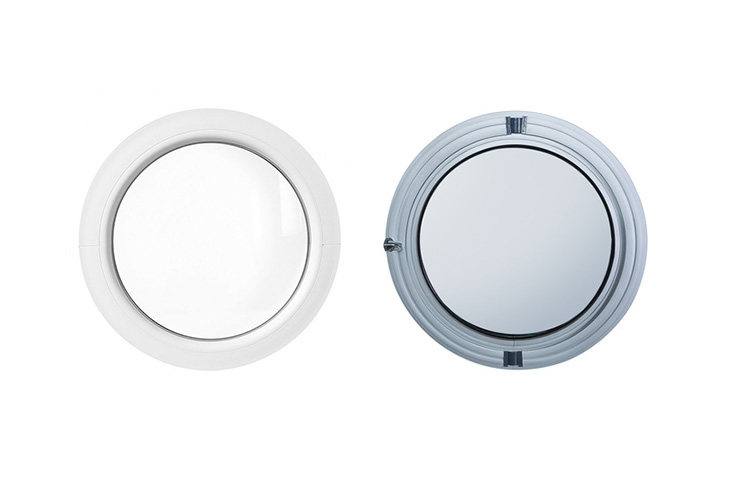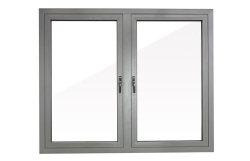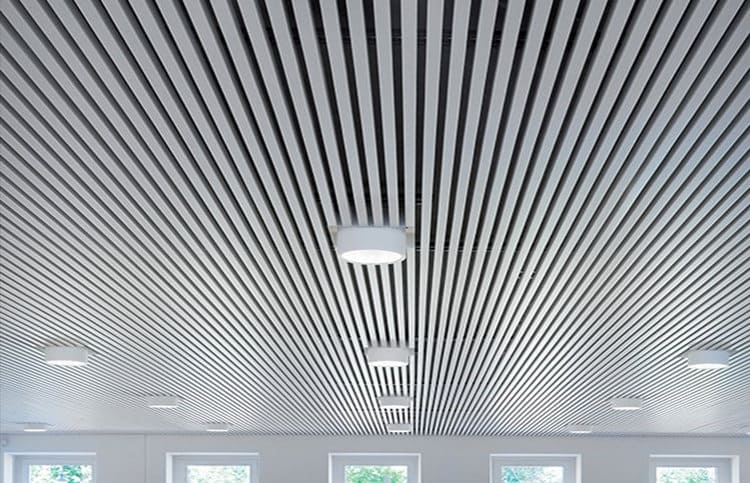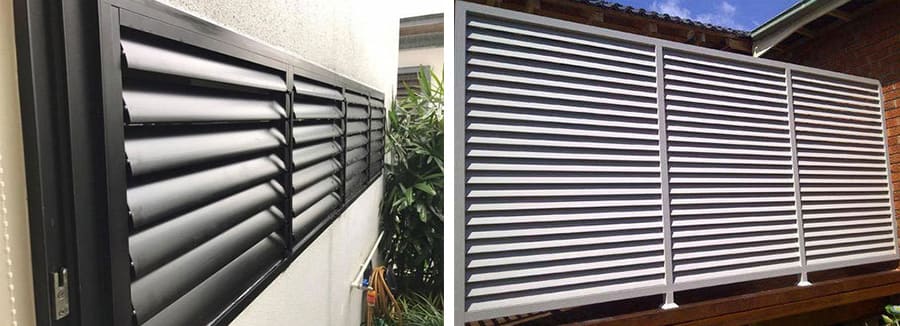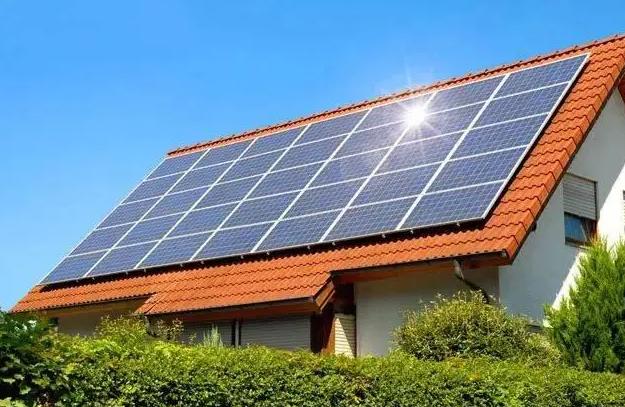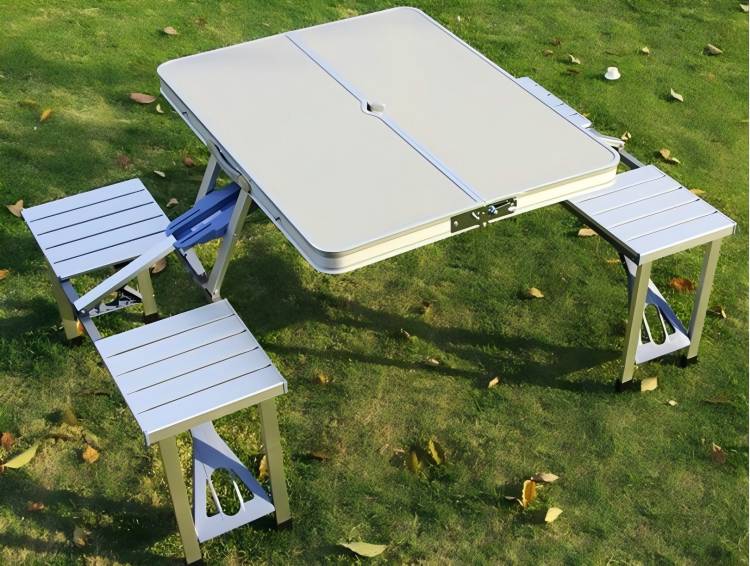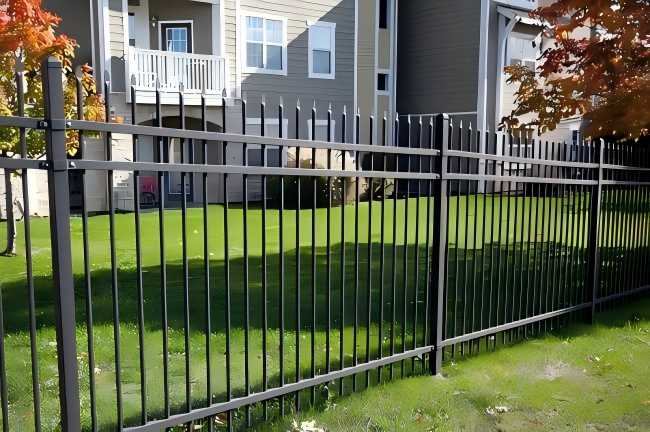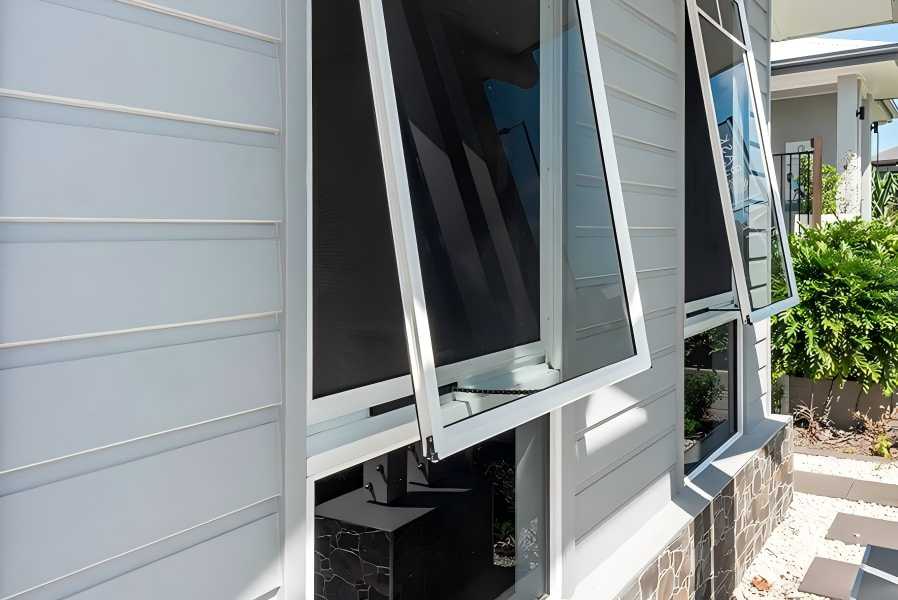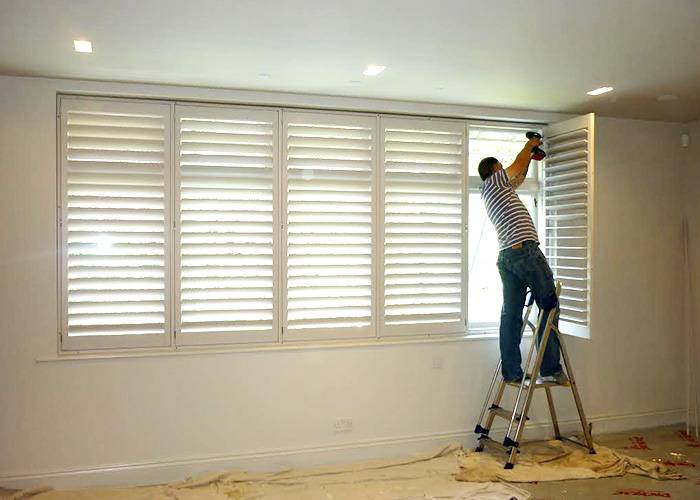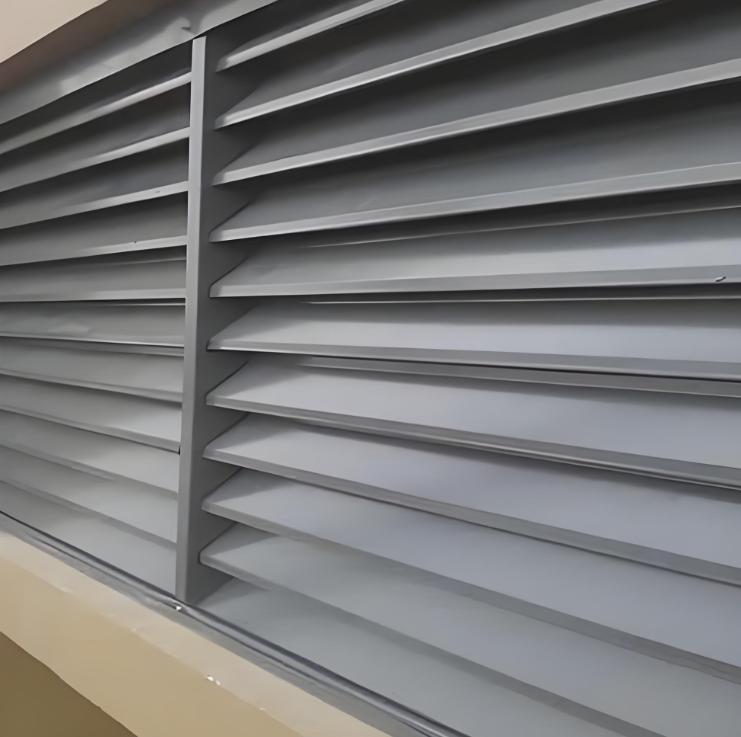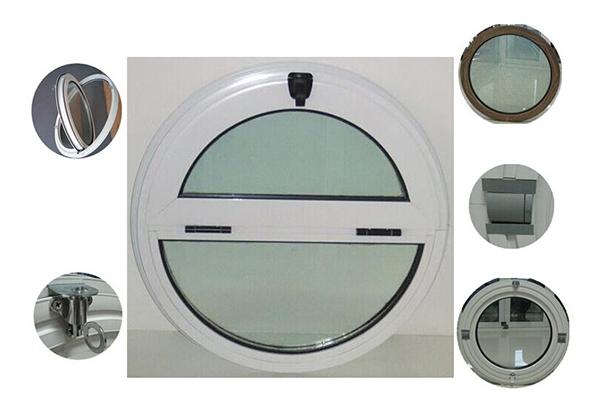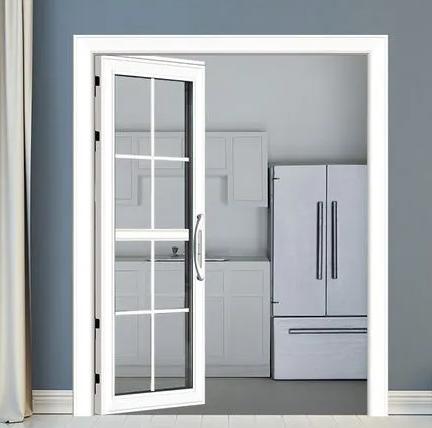Aluminum, known for its strength, durability, and lightweight nature, offers the perfect balance of structural integrity and design flexibility. Aluminum frames have become a popular choice for glass panels due to their exceptional combination of functionality, aesthetics, and environmental benefits. Whether used in residential, commercial, or industrial settings, they provide reliable support to glass panels while enhancing aesthetic appeal. In this article, we will delve into the key advantages of aluminum frames, exploring their functional benefits, aesthetic appeal, diverse applications, and positive environmental impact.
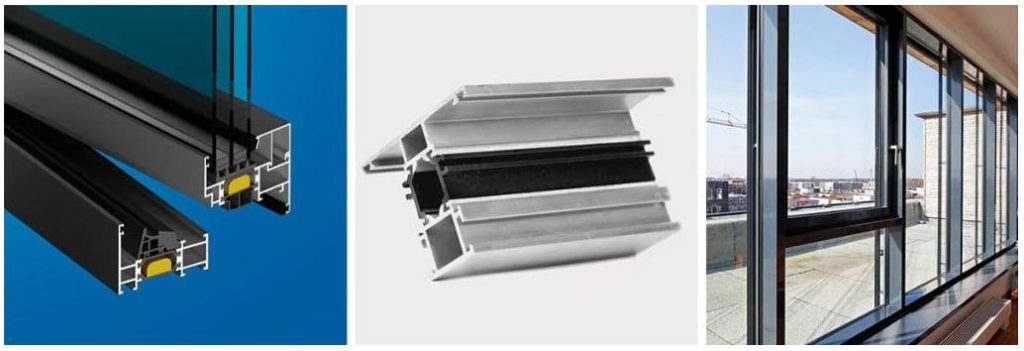
Key Functional Advantages of Aluminum Frames
Aluminum frames offer exceptional functional advantages that make them ideal for glass panel applications:
- Strength and Durability: Despite being lightweight, aluminum is incredibly strong and resistant to weather conditions. This strength makes it suitable for large glass panels, as the frame can support the weight without warping or bending over time.
- Corrosion Resistance: Aluminum’s natural oxide layer protects it from corrosion, ensuring long-lasting performance in both indoor and outdoor settings. This makes it particularly beneficial for areas with high humidity or coastal environments where other materials might deteriorate.
- Thermal Efficiency: Modern aluminum frames are often fitted with thermal breaks or insulation layers, enhancing energy efficiency. These features help regulate indoor temperatures, reducing energy costs associated with heating and cooling.
- Low Maintenance: Compared to materials like wood, aluminum requires little maintenance. It doesn’t need regular painting, and cleaning the surface with mild soap and water is sufficient to keep it looking new for years.
Functionally, aluminum frames are a top choice for glass panels due to their durability, lightweight strength, and low maintenance needs. These qualities make them a practical and long-lasting solution for various applications.
Aesthetic and Design Benefits of Aluminum Frames
Beyond functionality, aluminum frames offer significant aesthetic and design benefits, enhancing the visual appeal of glass panels in various applications:
- Sleek, Modern Look: For contemporary designs, the minimalistic and clean lines of aluminum frames create a sophisticated, uncluttered look, which maximizes glass visibility and natural light while providing structural support. This minimalist design complements contemporary architectural styles, especially desirable in spaces that prioritize light and openness.
- Customizable Finishes: Aluminum frames come in a wide variety of finishes, from polished metal to powder-coated colors, allowing them to complement any architectural style. Anodized finishes also provide extra protection and a distinctive aesthetic. From metallic tones to bold, striking colors, the design possibilities are nearly limitless.
- Versatility in Shapes and Sizes: Aluminum can be easily fabricated into various shapes and sizes, making it highly versatile. Whether curved or angular designs are required, aluminum can adapt to diverse architectural visions.
- Seamless Integration: Aluminum frames can be designed to seamlessly integrate with other materials like wood, steel, or concrete, creating harmonious blends in both interior and exterior spaces.
Aesthetically, aluminum frames offer design flexibility and modern elegance. Their sleek profiles and customizable finishes allow them to fit into a wide range of architectural styles, enhancing both form and function.

Aluminum Frames in Different Applications
Aluminum frames are used in a wide range of applications, from residential buildings to large commercial projects:
| Applications | Advantages | Typical Uses |
| Residential Windows and Doors | Durable and low maintenance | Sliding doors |
| Slim profile for maximizing natural light | Patio doors | |
| Large window installations | ||
| Commercial Storefronts | High visibility for retail | Retail stores |
| Weather-resistant and sturdy | Commercial building entrances | |
| Curtain Walls and Façades | Lightweight for large glass panels | Skyscrapers |
| Supports expansive designs | Office buildings | |
| Interior Partitions and Decorative Panels | Modern, open aesthetic | Office partitions |
| Easy to install and maintain | Decorative glass panels in homes and commercial spaces |
From residential homes to large-scale commercial projects, aluminum frames have proven to be a versatile and reliable solution for supporting glass panels, offering both aesthetic and functional advantages across a variety of applications.
The Environmental Benefits of Aluminum
In addition to its functional and aesthetic qualities, aluminum is an environmentally friendly material that offers several sustainability benefits:
- Recyclability: Aluminum is 100% recyclable without loss of quality. In fact, recycled aluminum requires only 5% of the energy used to produce new aluminum, reducing the environmental footprint.
- Energy Efficiency: Aluminum frames with proper insulation contribute to improved energy efficiency in buildings. This helps reduce energy consumption, lowering carbon emissions associated with heating and cooling.
- Longevity: The durability of aluminum frames means they have a long lifespan, reducing the need for replacement and minimizing waste over time.
In conclusion, aluminum is an eco-friendly choice for glass panel frames due to its recyclability, energy efficiency, and long-term durability, making it a sustainable option for both residential and commercial projects.
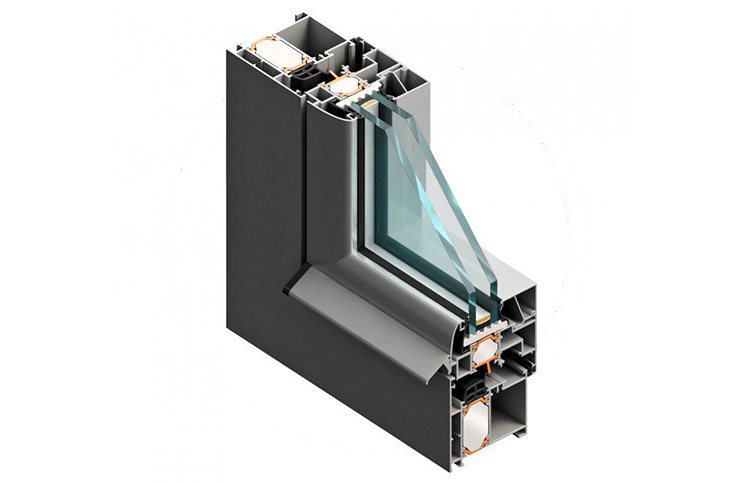
Factors to Consider When Choosing Aluminum Frames for Glass Panels
When selecting aluminum frames for glass panels, several factors should be considered to ensure optimal performance and aesthetics:
- Frame Strength and Thickness: The size and weight of the glass panel will determine the required strength and thickness of the aluminum frame. Larger or heavier panels will need stronger, thicker frames to provide adequate support.
- Thermal Breaks and Insulation: For energy efficiency, choose aluminum frames with thermal breaks or insulation features, especially in climates with extreme temperatures.
- Glass Compatibility: Ensure the frame design accommodates the thickness and type of glass panel (e.g., laminated, tempered, or double-glazed) for both safety and thermal efficiency.
- Finishes and Coatings: Consider the environment where the frames will be used. Coastal or humid environments may require specific coatings to enhance corrosion resistance, while interior spaces may prioritize aesthetic finishes. Anodized or powder-coated finishes offer both aesthetic appeal and added durability.
- Cost and Budget: Aluminum frames come in various price ranges, depending on their design and coating. Balancing budget considerations with desired performance features is key to making the right choice.
- Maintenance Needs: Although aluminum is generally low-maintenance, it’s important to assess any additional requirements such as cleaning or re-coating over time, depending on the environment and usage.
Aluminum frames for glass panels strike the perfect balance between function and form. They offer structural strength, energy efficiency, and aesthetic versatility while also being an environmentally friendly choice. Whether for residential, commercial, or industrial applications, aluminum frames provide durability and design flexibility. By understanding their functional advantages, design possibilities, and environmental benefits, and considering the right factors during selection, you can make the best choice for any project involving glass panels. If you need any help when choose the right Aluminum frames for glass panels, please feel free to contact us.

